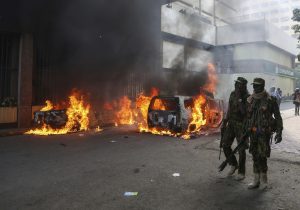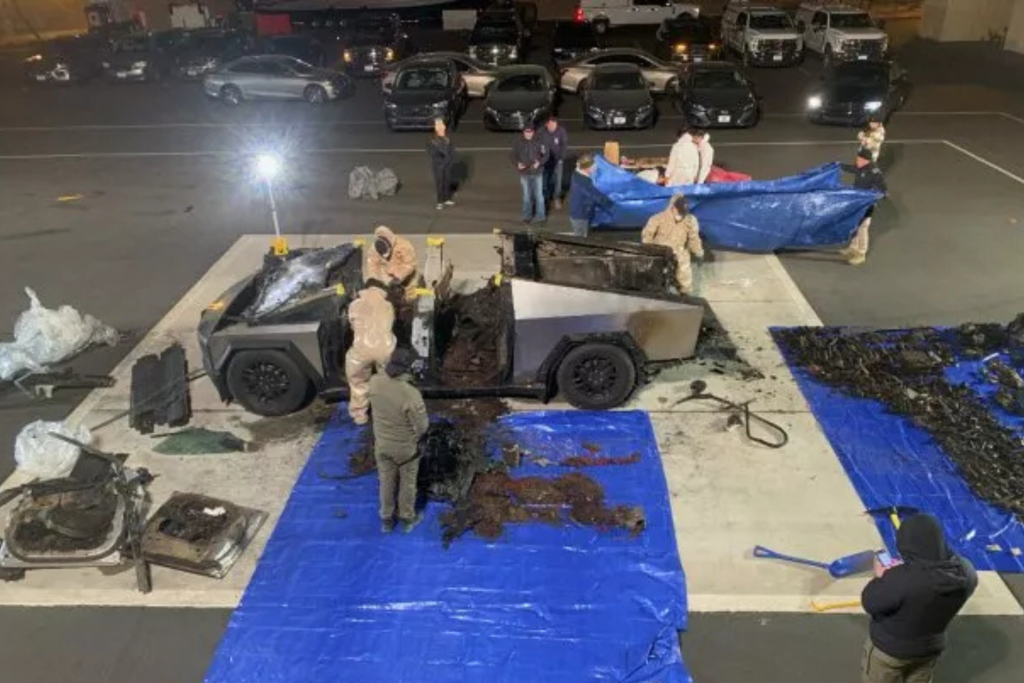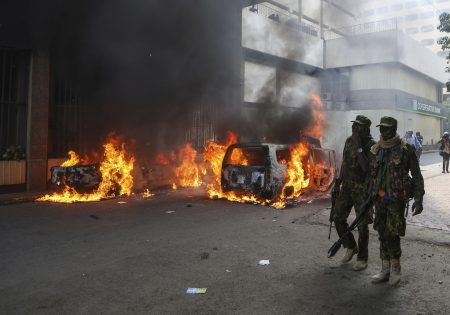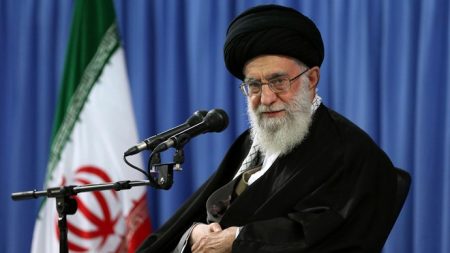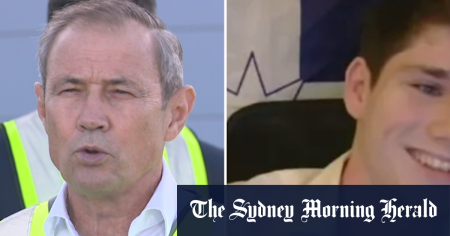The Las Vegas Cybertruck bombing on New Year’s Day 2025, perpetrated by Matthew Livelsberger, a 37-year-old Special Forces veteran, has reignited the conversation surrounding post-traumatic stress disorder (PTSD) and its devastating impact on the veteran community. Livelsberger detonated an improvised explosive device composed of gas canisters and fireworks outside the Trump International Hotel, injuring seven people before taking his own life. The FBI subsequently revealed that Livelsberger had been grappling with PTSD, a disclosure that underscores the urgent need for comprehensive mental health support for veterans. This tragic incident serves as a stark reminder of the invisible wounds of war and the often-devastating consequences when these wounds go unaddressed.
The prevalence of PTSD among veterans is alarmingly high. While approximately seven percent of the general population who serve in the military develop PTSD, this number triples for those who experience active deployment. This stark disparity highlights the increased risk faced by those directly involved in combat situations and other traumatic experiences during their service. The Department of Veterans Affairs acknowledges this heightened vulnerability, noting that veterans are significantly more likely to develop PTSD than civilians. Furthermore, veterans who utilize VA healthcare services exhibit higher rates of PTSD diagnosis compared to those relying on community health services, potentially due to the VA’s proactive screening practices for PTSD and Military Sexual Trauma (MST). This discrepancy emphasizes the importance of accessible and specialized mental healthcare within the VA system.
Livelsberger’s extensive military career, spanning 19 years with multiple deployments to Afghanistan and Tajikistan, speaks to the potential cumulative impact of prolonged exposure to high-stress environments. His distinguished service, including being awarded the Department of State Meritorious Honor Award, underscores the fact that even highly decorated and accomplished individuals can succumb to the invisible wounds of war. This case highlights the critical need for ongoing mental health support for veterans, even after they have transitioned back to civilian life. The complexities of PTSD and its potential long-term effects necessitate continued vigilance and access to appropriate resources.
The ongoing struggle to provide effective and accessible treatment for PTSD further complicates the issue. The FDA’s decision in August 2024 to not approve MDMA-assisted therapy for PTSD, despite its promising results in clinical trials, drew sharp criticism from advocacy groups who argue that bureaucratic hurdles are preventing access to potentially life-saving treatments. This controversy highlights the urgency for innovative and evidence-based approaches to PTSD treatment, particularly given the alarming suicide rates among veterans. The current system is failing to adequately address the needs of these individuals, leading to preventable tragedies.
The Las Vegas incident underscores a broader societal failure to adequately address the mental health crisis within the military. As highlighted by journalist Chip Reid, author of “Battle Scars,” the early years of the wars in Afghanistan and Iraq were marked by a significant national failure to effectively respond to the mental health needs of returning troops. This historical context underscores the imperative to learn from past mistakes and prioritize the mental well-being of those who have served their country. Providing timely and comprehensive mental health services is not only a matter of moral obligation but also a crucial step towards preventing future tragedies like the Las Vegas bombing.
The aftermath of the Las Vegas attack necessitates a renewed focus on supporting trauma survivors and those struggling with PTSD. The American Psychiatric Association emphasizes the importance of providing non-judgmental support, acceptance, and a listening ear to individuals grappling with the aftermath of trauma. Simple acts of presence and understanding can be profoundly impactful in helping individuals navigate the complex emotions and challenges associated with PTSD. Furthermore, continued investigation into the incident will hopefully shed light on the specific factors that contributed to Livelsberger’s actions and inform future preventative strategies. The simultaneous occurrence of the New Orleans ramming attack, though deemed unrelated by the FBI, compounds the urgency of addressing the root causes of violence and extremism, particularly within veteran communities.

